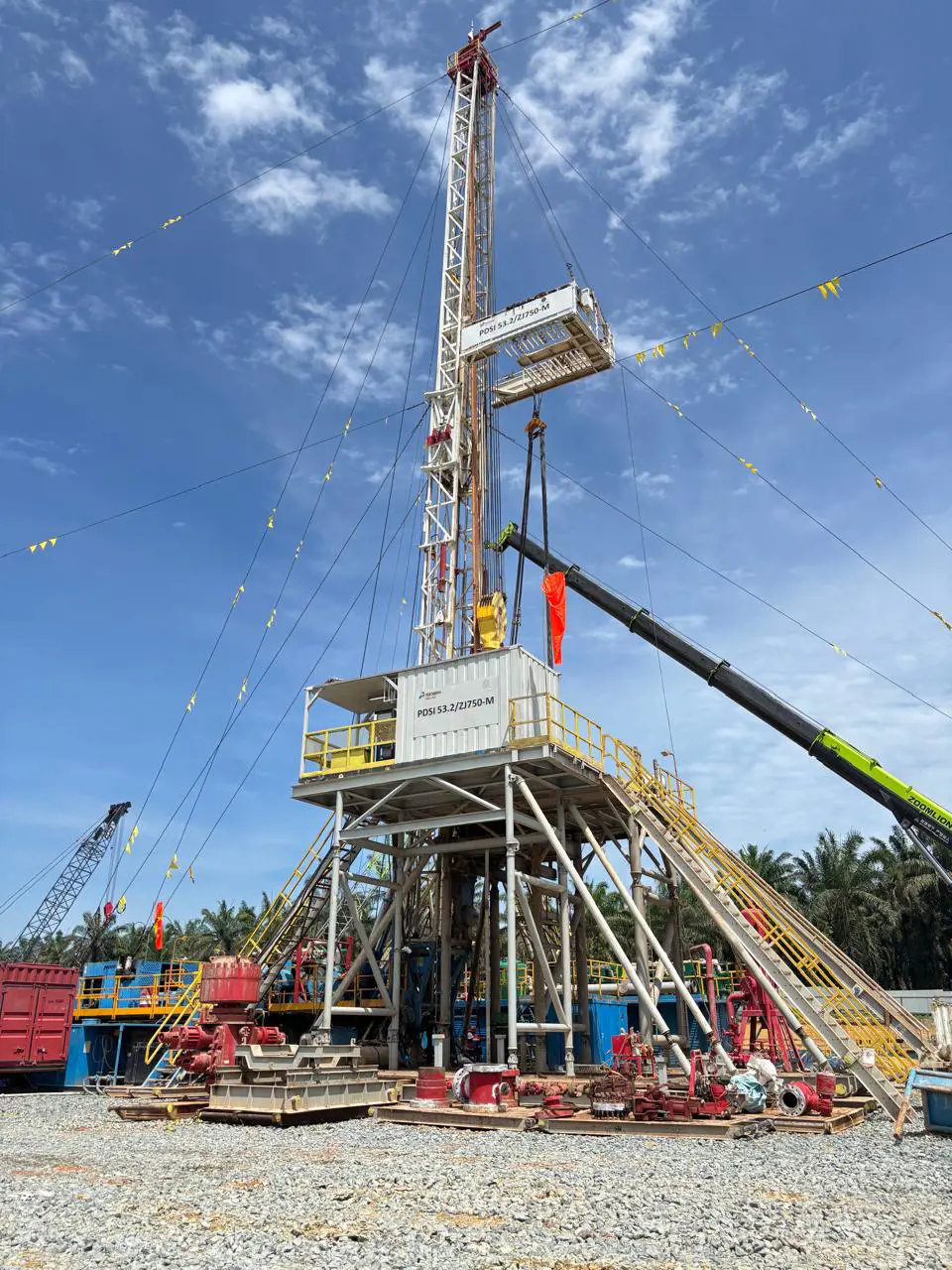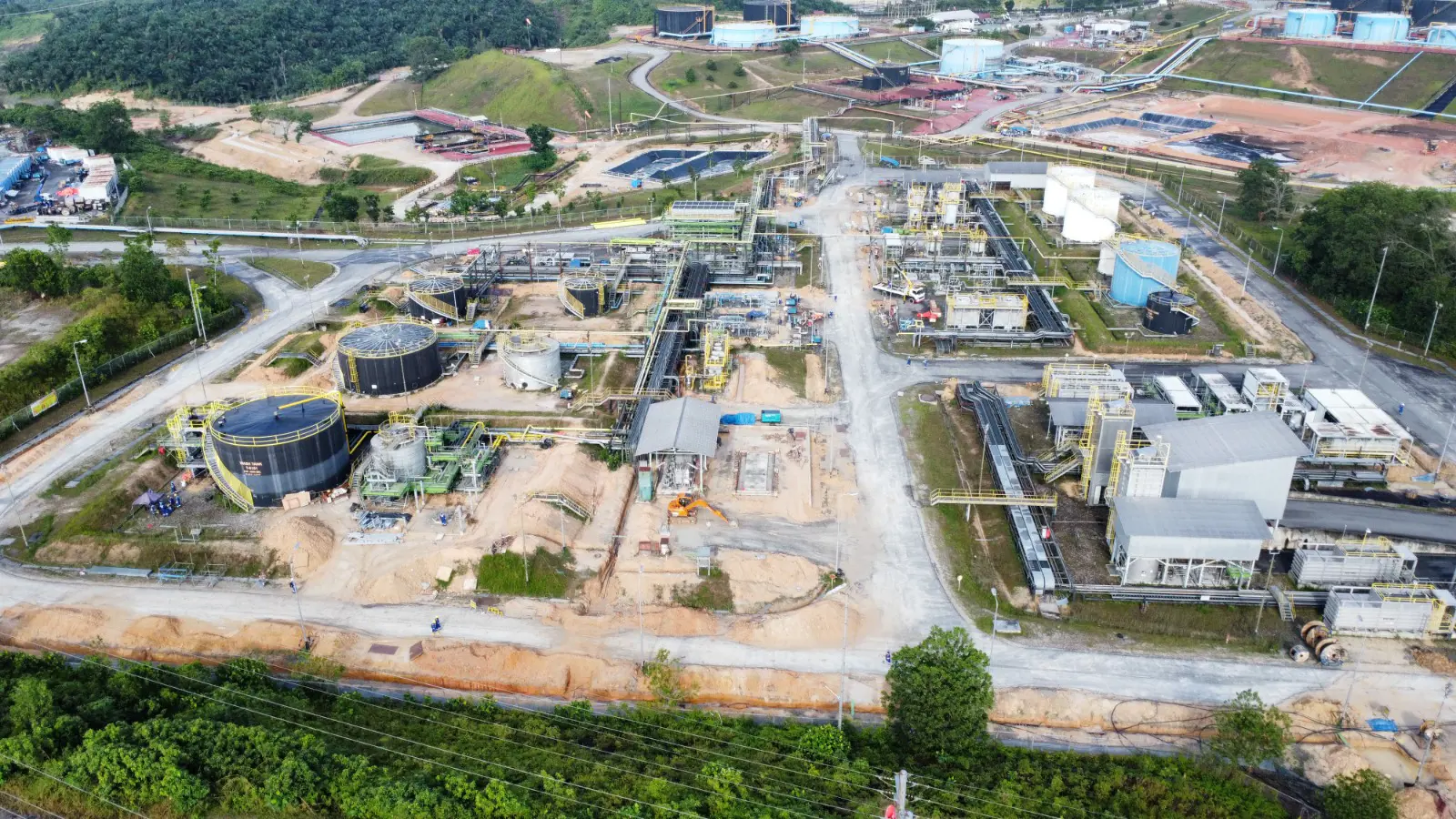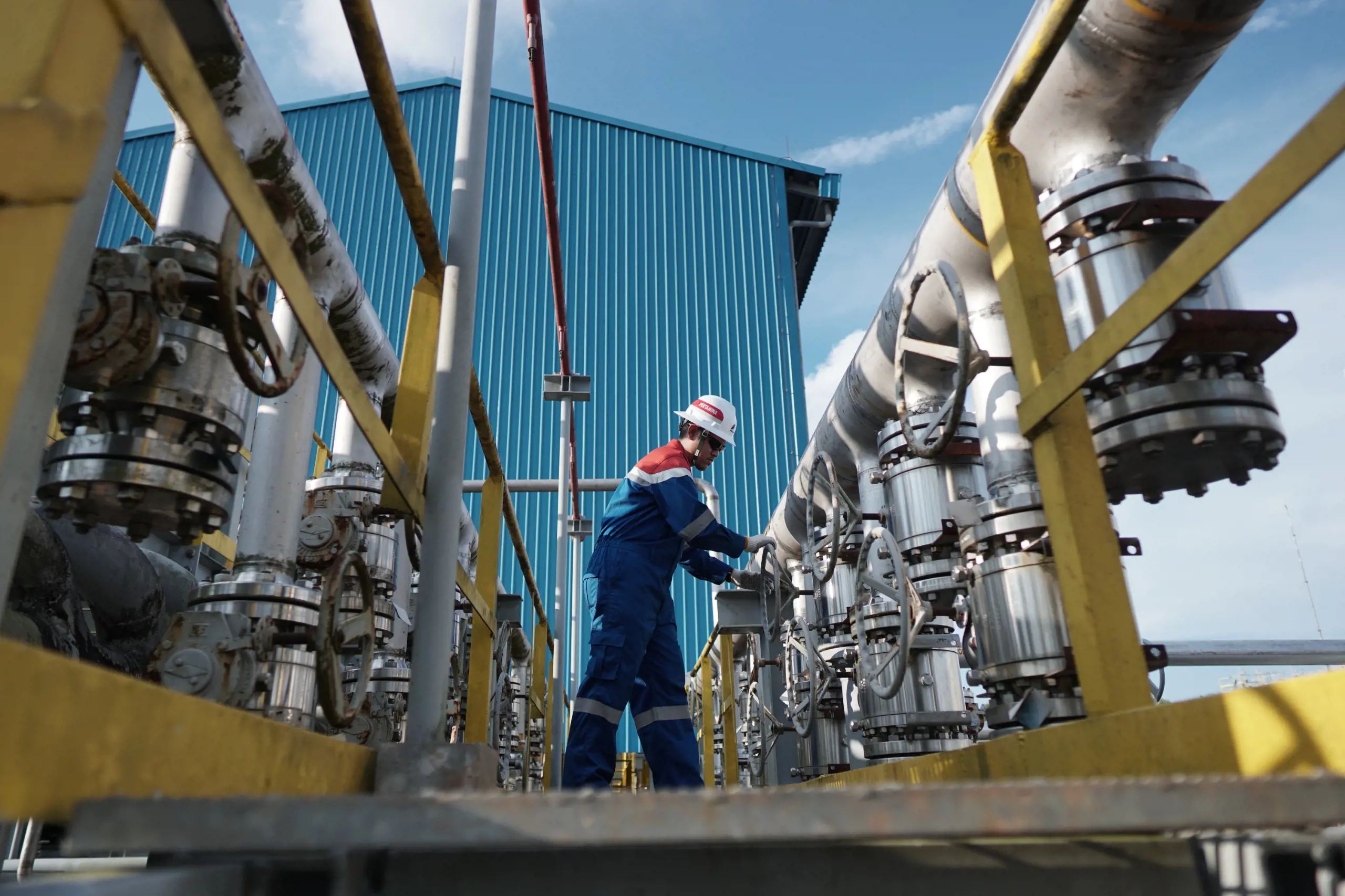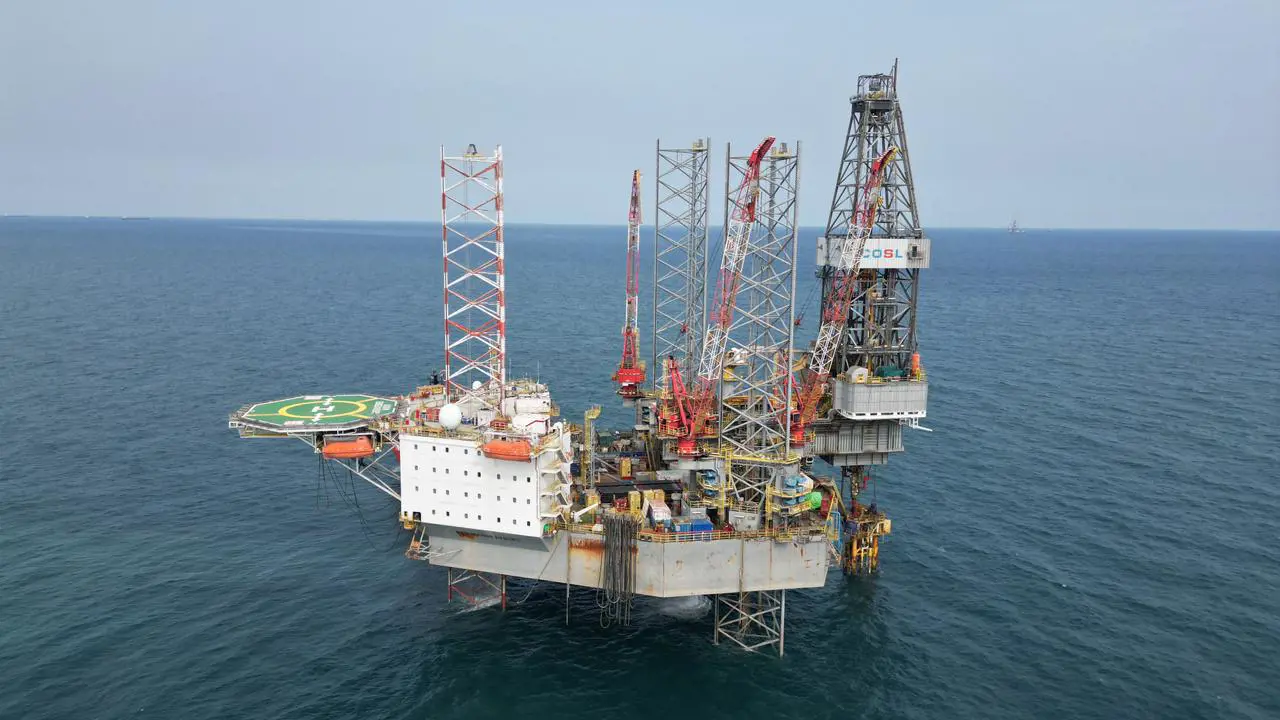Social Impact Assessment and Community Involvement
In keeping with its support for universal human rights values, PHE Subholding Upstream strongly supports native/indigenous peoples in the vicinity of the Company's operational areas. Local communities are involved, and the Company respects their collective right to agree or disagree with the proposed program development plan in their area, in accordance with the principles of Free, Prior, and Informed Consent (FPIC). PHE Subholding Upstream has incorporated this FPIC principle into Guidelines for Corporate Social and Environmental Responsibility (CSR) No. A13-003/ PHE01000/2021-S9.
We do, however, support human rights enforcement. However we support the enforcement of human rights by conducting a social impact assessment as part of the Environmental Impact Analysis (AMDAL) process prior to the start of any project that impacts the community and the environment.
We engage the community through participation in social impact assessment activities mandated by the Environmental Impact Assessment (AMDAL) document.
Until the end of 2021, all activities (100%) in operating and production units were accompanied by environmental study documents (AMDAL or UKL UPL) and environmental permits or approvals. The process of preparing the AMDAL document went through the announcement stage to the public, according to Head of the Environmental Control Agency Decree No. 8 of 2020 concerning Community Involvement and Information Disclosure in the AMDAL Process. Furthermore, most Work Areas (WK) within the PHE Subholding Upstream scope conducted social mapping to ensure that CSR activities aligned with the local community's needs and potential.
In addition to social mapping, 33 fields have conducted stakeholder engagement studies. This stakeholder engagement study was conducted based on one of them is the social license index. From studies that have been carried out, the results are community and stakeholders have accepted and supported our operations existence in their midst.






